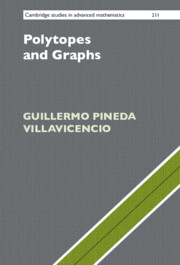
- Cited by 1
-
Cited byCrossref Citations
This Book has been cited by the following publications. This list is generated based on data provided by Crossref.
Beliakov, Gleb and Beliakov Amaya, Chaquen 2025. Efficient methods for verifying monotonicity of 2-additive fuzzy measures. Computational and Applied Mathematics, Vol. 44, Issue. 1,
- Publisher:
- Cambridge University Press
- Online publication date:
- March 2024
- Print publication year:
- 2024
- Online ISBN:
- 9781009257794


